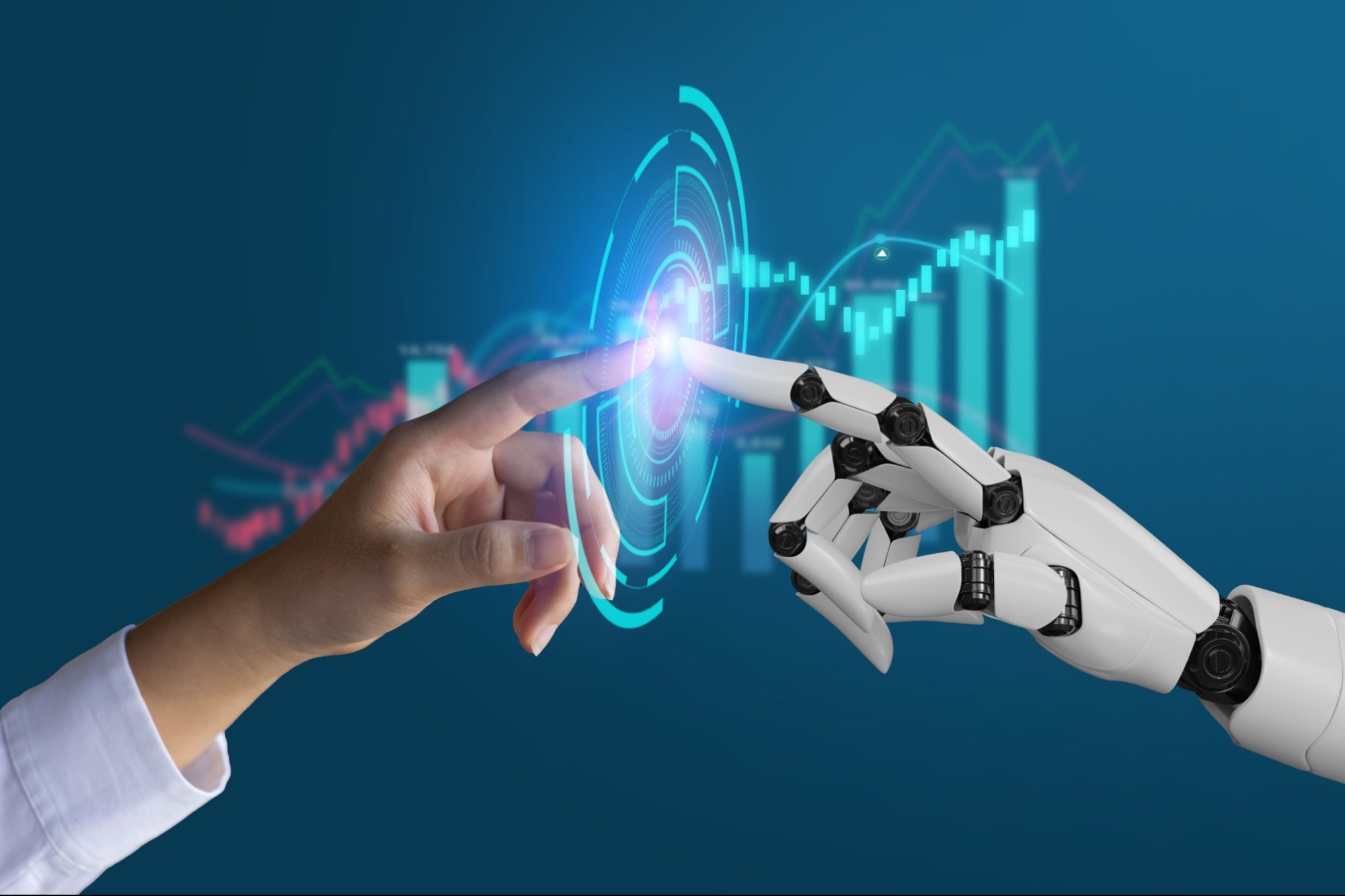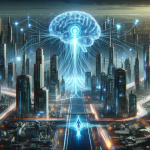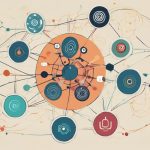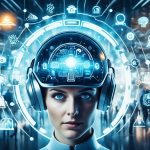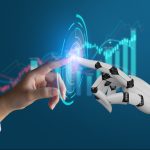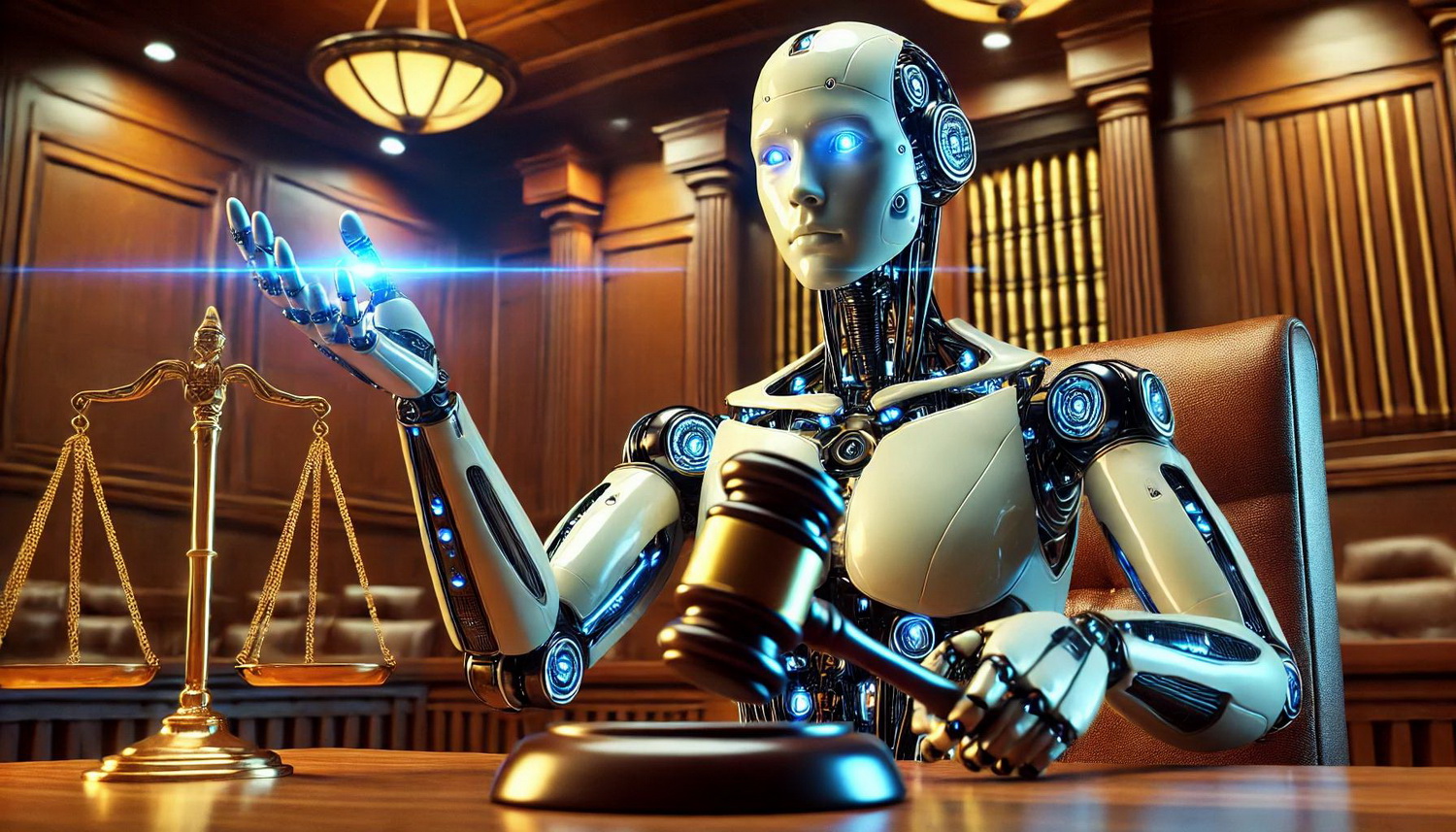Introduction
In the age of rapid innovation, artificial intelligence has become more than a technological revolution—it’s a force reshaping global culture, politics, and entertainment. From the automation of industries to the rise of digital celebrities, AI now influences how people live, think, and interact.
Governments, corporations, and cultural icons are increasingly intertwined through digital systems that dictate global behavior. The fusion of technology with human ambition has set the stage for a new era of transformation where data, influence, and algorithms define power.
AI and the Future of Global Industries
Artificial intelligence is revolutionizing industries across the globe. From manufacturing to finance, AI-driven analytics are optimizing production, predicting trends, and driving efficiency at unprecedented scales. Nations leading this AI transformation, such as China and the United States, are setting new global standards.
However, the benefits of this technological progress are unevenly distributed. Developing nations struggle to keep pace due to limited infrastructure and investment. This technological divide risks creating a future where access to AI becomes a determinant of national prosperity and global influence.
The Political Landscape of Artificial Intelligence
AI is no longer a neutral tool—it has become an instrument of political power. Governments worldwide use artificial intelligence for surveillance, election strategy, and national security operations. Data has replaced oil as the most valuable global resource.
This digital dominance raises urgent questions about privacy, transparency, and democracy. Without international regulation, AI could deepen authoritarian control and surveillance states. Global cooperation will be crucial to ensure AI supports liberty rather than undermines it.
Celebrity Activism and AI Awareness
Celebrities are playing an unexpected role in shaping the AI conversation. Figures like Elon Musk, Scarlett Johansson, and others have sparked public debates about AI ethics, automation, and human creativity. Their influence extends far beyond entertainment—it shapes how societies understand emerging technologies.
When celebrities advocate for responsible AI use, their voices reach audiences that traditional policymakers struggle to engage. Their participation in the global discussion underscores how culture and technology have become inseparable forces of social evolution.
AI and Social Media Power
Social media, powered by artificial intelligence, has changed the way information spreads. Algorithms now control what billions of users see daily, shaping opinions and global narratives. Political campaigns, brand strategies, and even social movements depend heavily on these systems.
However, algorithmic influence can also manipulate public perception. Disinformation, echo chambers, and emotional targeting threaten to distort democratic processes. As AI becomes more sophisticated, accountability in social media governance becomes essential for truth and transparency.
Global AI Competition and Ethics
The race to dominate artificial intelligence has turned into a geopolitical contest. Nations are competing not only for technological supremacy but also for control over ethical frameworks. The European Union leads with strict AI regulations, while the U.S. and China prioritize innovation over restraint.
This divergence creates a fragmented AI landscape, where ethical standards differ across borders. The challenge for the international community is to establish a universal code of AI conduct that ensures safety, fairness, and respect for human rights.
AI’s Impact on Human Creativity
As AI begins to compose music, write articles, and create visual art, questions arise about the future of human creativity. Tools like ChatGPT and DALL·E have blurred the boundary between machine and artist, challenging traditional notions of originality and authorship.
Some see AI as an extension of human creativity—a collaborator that enhances imagination. Others fear it as a threat to artistic authenticity. The balance between embracing innovation and preserving human expression will define the next phase of cultural evolution.
FAQs
How is AI changing the global economy?
AI is driving innovation, efficiency, and automation across industries, creating new opportunities while displacing traditional jobs.
Why are celebrities involved in AI discussions?
Celebrities amplify public awareness about the ethical, creative, and social implications of artificial intelligence.
What are the political risks of AI technology?
Governments may misuse AI for mass surveillance or propaganda, raising concerns about privacy and democracy.
How does social media rely on AI?
AI algorithms personalize content, predict trends, and manage user engagement—but they can also amplify misinformation.
Will AI replace human creativity?
AI can replicate creative patterns, but it lacks emotional depth; the future will likely involve collaboration rather than replacement.
Conclusion
The rise of artificial intelligence has created a world where technology, politics, and celebrity culture are deeply connected. Each influences the other in shaping global values, innovation, and identity.
As humanity steps deeper into the AI era, the challenge lies not in stopping technological progress but in guiding it responsibly. The fusion of machine intelligence with human vision offers limitless potential—if balanced with ethics, empathy, and purpose.

